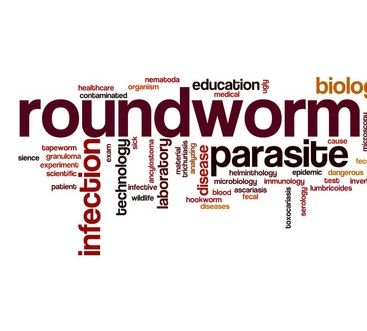Case Study: When a Patient Sees Worms, Don't Think Hallucinations
Uveitis can have many causes. In a newly reported case study in the New England Journal of Medicine, a team from Korea reports on a patient with worms in his eye. There's a video.

Eye inflammation can have many causes. In the current issue of the New England Journal of Medicine a team from South Korea's Armed Forces Capital Hospital in Gyeonggi-do reports on a case of parasitic nematodes.
The patient had been experiencing eye irritation and itching for two weeks before he sought treatment.
He also reported "seeing worms."
Sure enough, after doctors irrigated his conjunctival sac and lacrimal duct, three worms were removed.
"The worms were white, slender, and filiform nematodes, 10 to 12 mm long and 0.16 mm wide, " Jeong Joon Choi, MD, and Kyungmin Huh, MD reported.
Further study showed they were Thelazia callipaeda.
Cases of ocular parasites are common in some parts of Asia and have also been reported in Europe, the authors said.
They can infect many mammals, including horses, dogs, and cats as well as people. They can cause uveitis and even lead to blindness.
In areas where the worms are endemic "the fly vector should be avoided," the authors said.
Treatment is usually simple: remove the worm mechanically. But cases where surgical removal was necessary have also been reported.
Related Coverage:
Adalimumab: Efficacy and Adverse Events in Uveitis